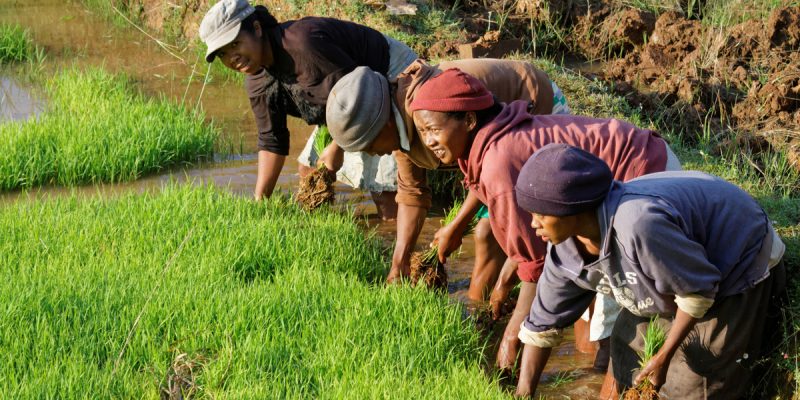Thirty countries, nine of which are in Africa, will benefit from a $176 million Global Environment Facility (GEF) allocation to address agricultural and environmental challenges. The decision was announced at the 58th meeting of the GEF Governing Council, the first to be held virtually.
The Global Environment Facility (GEF) Governing Council, held by videoconference (anti-Covid-19 provision) on June 4, 2020, decided to allocate USD 176 million to 24 projects to address agriculture and environment challenges.
All projects will be implemented by the Food and Agriculture Organization of the United Nations (FAO) in partnership and co-financing with the governments concerned. They will benefit 30 countries, nine of which are in Africa (Burkina Faso, Guinea, Kenya, Libya, Madagascar, Mauritania, Morocco, Tanzania and Tunisia).
The projects take into account climate-related agricultural challenges
“The approved projects were designed to strengthen national food systems while providing environmental benefits to people and the planet. They will help small-scale producers, fishers and foresters diversify their livelihoods and strengthen their resilience to climate change and other stressors, such as Covid-19,” said Qu Dongyu, FAO Director-General.
The new GEF funding for resilient agriculture is part of a partnership agreement signed in 2006 between the fund and FAO. This collaboration has already supported more than 130 countries around the world, implementing more than 200 projects with about $1 billion in GEF funding. To date, GEF and FAO projects are estimated to have benefited some 5 million men and women, creating more than 350 000 jobs in rural communities, protecting biodiversity in about 200 vulnerable marine ecosystems and saving about 1 000 crop and animal species from extinction.
Boris Ngounou







